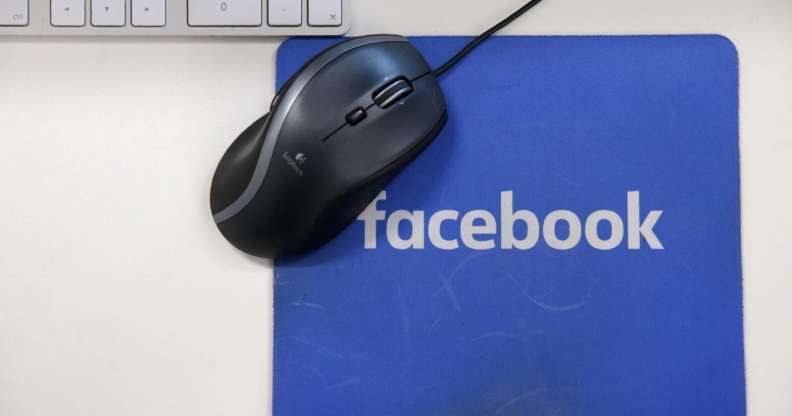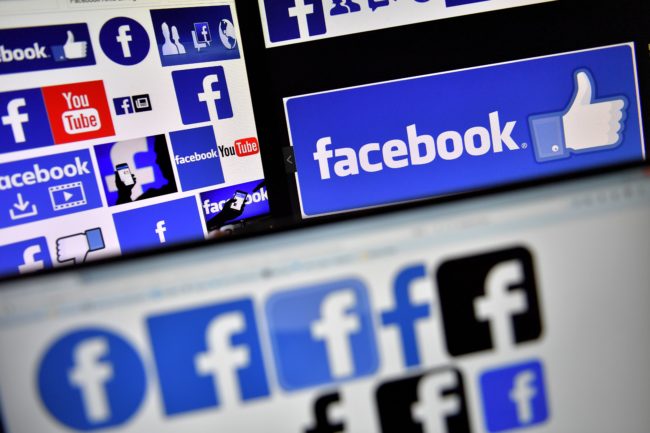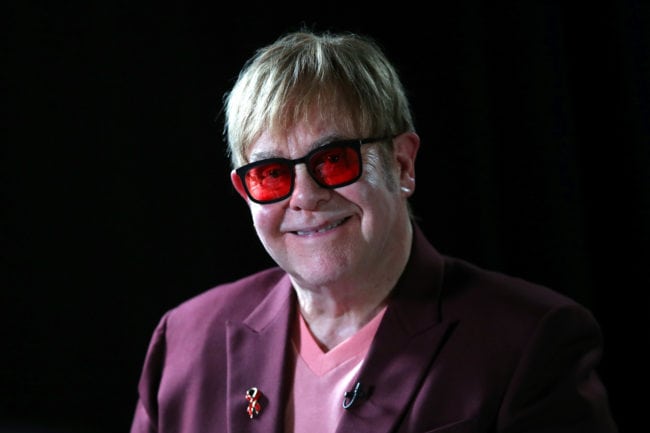Closeted LGBT youth are less social on Facebook, study finds

Facebook has reportedly been targeting LGBT users (DANIEL LEAL-OLIVAS/AFP/Getty Images)
Young LGBT people who have not come out are less likely to engage on social media like Facebook, a study has found.
Closeted young people have “lower overall network connectivity” than others, according to the research paper published in the International Journal of Environmental Research and Public Health.
The study examined the use of Facebook among LGBT youth, including how they interacted with managing the disclosure of their sexual orientation or gender identity.
The results showed closeted young people were less connected on social media, in part, over fears their sexuality or gender identity could lead to potentially negative consequences, such as homophobic, biphobic or transphobic comments.
According to the researchers, social media has introduced “new complications” in balancing public and private selves.

Being connected to different groups on Facebook can be challenging (LOIC VENANCE/AFP/Getty)
“Information which may previously have been shared with only a few close network members is now easily communicated to the farthest reaches of one’s Facebook network, which may be just as likely to include close friends as it is to include old classmates, casual acquaintances, and extended family members with strong political differences,” the study states.
This means LGBT+ young people are now faced with negotiating how they manage their sexual and gender identities on social media.
Last week, Sir Elton John called on social media giants to bring in new policies to address ignorance, hatred and stigma surrounding HIV/AIDS.
“Social media has become too often an arena that amplifies all our conflicts and builds walls between us,” he said, speaking at the National AIDS Trust’s Diana, Princess of Wales Lecture on HIV.

Sir Elton John called for social media giants to address stigma surrounding HIV (Jackson/Getty Images)
“Prejudice we thought had disappeared has crawled out from under stones. People are using the privilege of anonymity to say things they would never say in person, or to boast about their privilege in ways we thought we left behind a century ago.
“We are in real danger of losing the essential element of human connection in our society… but with care and a new understanding of its potential, social media could be an engine of change.”
He added that “hyperconnectiveness” should be used to help others.
“Homophobia fuels shame, isolation, cruelty and anger, and therefore HIV. But if we found ways to automatically respond to hatred with fact, the truth could be all the way around the world before falsehood has even got its boots on,” he added.
“Let’s do something dramatic and remind ourselves of the incredible reach of the connected world.
“At a stroke we can reach two billion people in a single moment on Facebook.”

